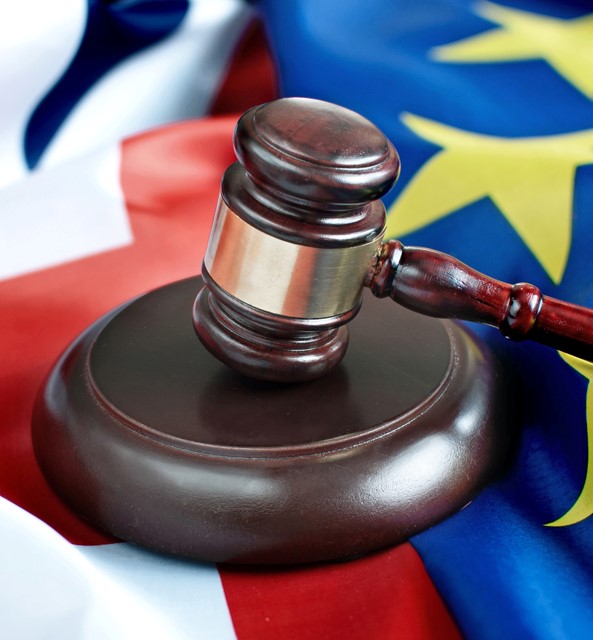
Why did the Brexit referendum have an effect on the UPC?
At the time of the Brexit vote the UPC had not formally come into existence, although the preparatory work was largely completed or well underway. The UK was scheduled to have ratified the UPC in autumn 2016.
The UPC is currently only open to EU Member States, and the UK is one of the three Member States (along with France and Germany) that must ratify the UPC Agreement before it can enter into force. London was also scheduled to host the specialist life sciences and medical devices seat of the UPC Central Division. As one of the leading patent systems in Europe, the UK had played a central role in shaping the proposed rules and procedures of the UPC.
The impending departure of the UK as an EU Member State therefore went beyond the UK’s membership of the UPC - it called the whole viability of the UPC into question, to the extent that recruitment and training of judges was halted. This threatened to undermine the promise of the UPC as a one-stop, pan-European patent court.
Importantly, the UPC Agreement makes EU law paramount in the UPC system and guarantees the supremacy of the Court of Justice of the European Union. Until the end of November 2016, it had been assumed that the Brexit referendum vote meant that these features of the UPC system would be politically unacceptable to the post-Brexit UK government.
What will happen now?
The UK Government official press release states that –
“ … the UK will continue with preparations for ratification over the coming months. It will be working with the Preparatory Committee to bring the Unified Patent Court into operation as soon as possible.”
This has prompted much speculation about when the UPC may come into effect, with a post-summer 2017 court commencement date looking feasible.
This is possible in principle – all that is required is for the UK and Germany to deposit their instruments of ratification, as this will trigger the formal creation of the UPC (the requisite number of ratifying countries has been achieved, and of the three mandatory ratifiers France has already done so).
A careful reading of the announcement shows that there is no firm timeline for UK ratification. In practice, final ratification was always unlikely to happen until all the legal and practical preparatory steps had been put in place. The former have been finalised, so any further delays will turn on practical issues, such as appointment and training of judges, and completion of the IT case management system.
There is clearly a strong political will across Europe to bring the system into force rapidly, so it would be sensible for businesses to plan for implementation later in 2017. Indeed, the president of the European Patent Office has stated that the EPO might grant the first unitary patent by the end of 2017, and that the Unitary Patent and the UPC “has never been closer”.
Some potential uncertainty surrounds the formal passing of the UK secondary legislation required to implement the UPC Agreement in UK national law. This must be approved by resolution of both Houses of Parliament before it can come into law (the so-called ‘affirmative procedure’). Given that the Brexit referendum was a rejection of EU law and of the supremacy of the CJEU, there may be political storms ahead, even though from a purely UPC perspective it should be noted that the supremacy of EU law will be limited solely to questions within the jurisdiction of the UPC, specifically the issues of patent infringement and validity.
